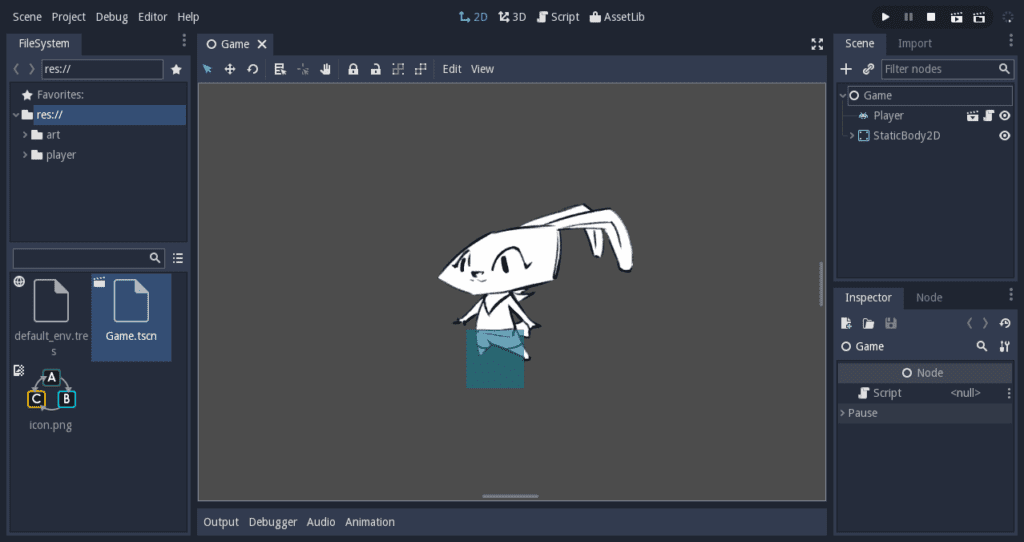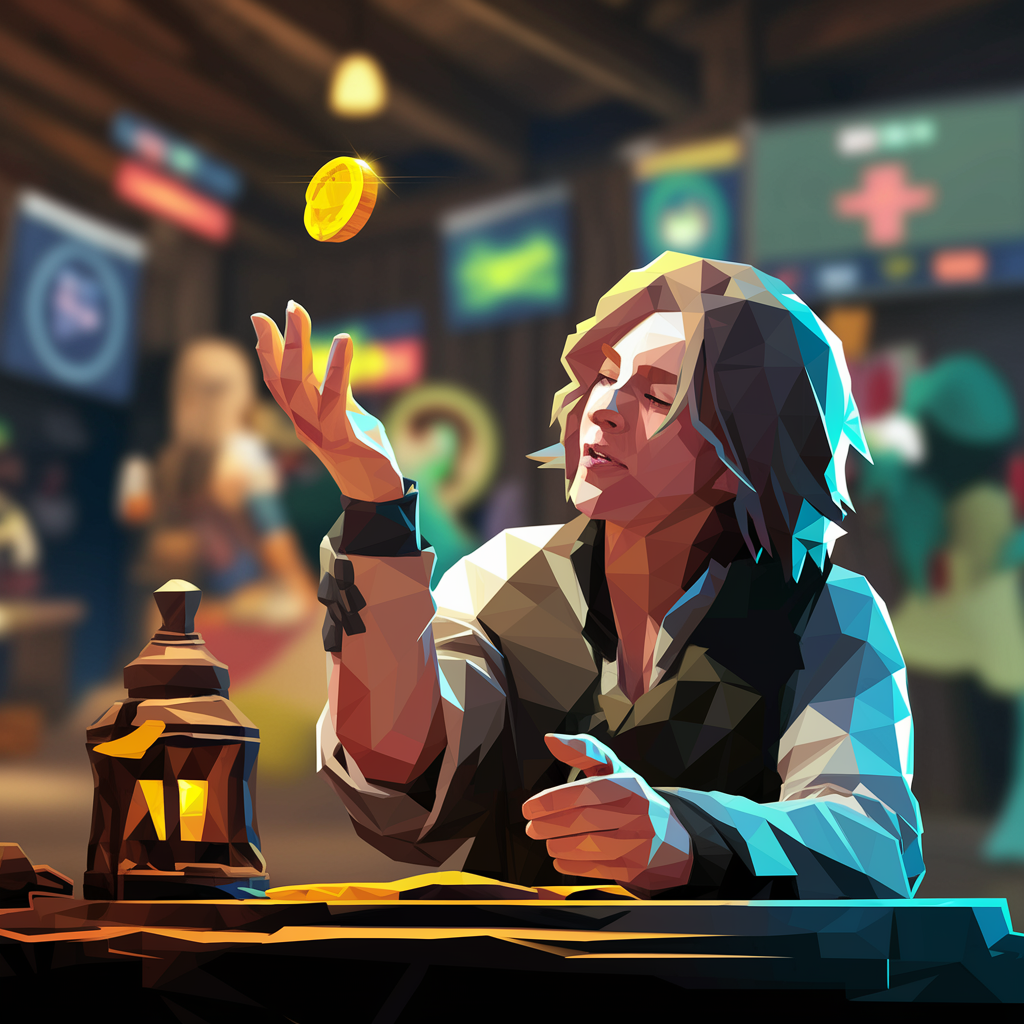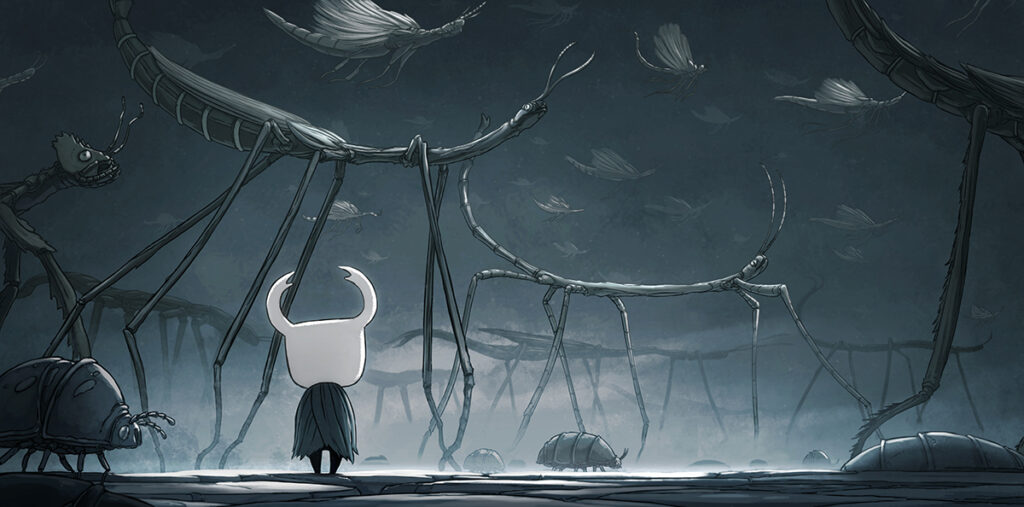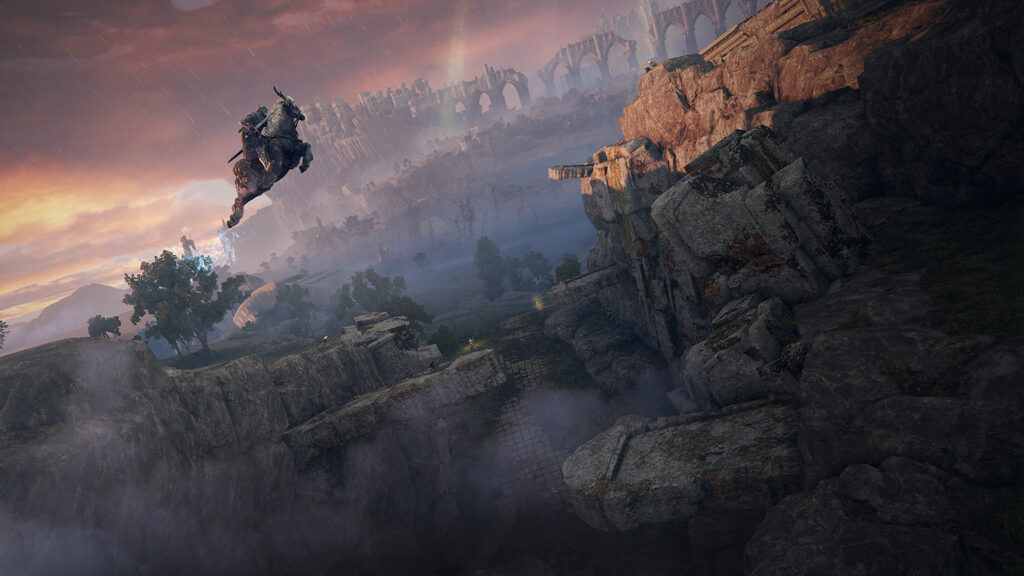Game development time is a complex process – often involving large teams of talented people who spend months or even years working together. It requires a mix of creativity, technology, and problem-solving, and the results can be truly amazing.
From those simple mobile games you play on your commute to those massive, sprawling worlds you can lose yourself in for hours, video games come in all shapes and sizes.
But how long does it take to make a game? You see, that’s a question with no easy answer – because it depends. Many factors influence a video game’s development time, and we’ll explore the main ones throughout this article.
How long does it take to make a game? What may impact its development time?

As already hinted, there’s no one-size-first-all answer to this question.
It’s like asking how long it takes to build a house. A simple cabin in the woods is a much different project than a sprawling mansion with all the bells and whistles.
The same principle applies to game development. The time it takes to create a game can range from a few weeks to several years, depending on a whole bunch of factors. Let’s break down some of the key variables that can influence a game’s development timeline:
Scope and complexity
The size and complexity of a game have a huge impact on its development time. A simple mobile game with a few levels and basic mechanics (like most hypercasual games) might only take a few months or even less to create. A massive open-world RPG with stunning graphics, a branching storyline, and packed with hundreds of hours of gameplay (like Skyrim, Cyberpunk 2077, and The Witcher 3), on the other hand, could take years.
They were developed by some of the biggest and most capable studios out there, and their teams of large and experienced developers still took multiple years to deliver! Why so? The amount of code, art assets, sound design, music, levels, characters, and testing required for such ambitious games is exponentially larger than your average mobile game.
Team size and experience: the more, the merrier (usually)
The size and experience of the development also play a massive role in determining how long a game takes to make.
A small team of indie developers working on their first game will face a steeper learning curve and a longer development cycle than a large, well-established studio with seasoned veterans for projects with similar scope.
Experience brings efficiency, streamlined workflows, and a deeper understanding of the game development process, which can drastically cut down development time.
A large team can also work on multiple aspects of the game simultaneously. For example, while artists are creating 3D models and environments, programmers can build the game engine and gameplay mechanics, and designers can fiddle with characters and environments. This parallel development can significantly accelerate the overall process!
Technology and tools in the box

Just like any craft, game development relies on tools and technology, and their choice can impact the development timeline as well.
Using a pre-existing game engine, such as Unity, Unreal Engine, or Godot, provides a solid foundation and can speed up the process considerably. They come with pre-built features and tools that handle many of the technical aspects of game development, letting developers focus on the creative side of things and implementing their ideas.
However, some developers are bold enough to create their own custom engines and development tools. This approach offers greater flexibility and control (especially for graphically intensive games) but requires significantly more time and resources.
Custom engines might even be required for games with unique technical requirements, like a specific physics system or rendering style, but it also means building everything from the ground up.
Funding and resources
Game development time is also directly tied to creativity and passion. It’s not wrong; but, for most people, it’s also a business. Funding and financial resources play a critical role in determining how long a project will be in development limbo before its release.
Indie developers with limited resources will usually only work part-time on their projects, stretching out their development time. On the other hand, larger studios can afford to hire bigger teams and invest in costly technology, accelerating the process.

Unexpected delays
Even with the best planning and execution, unexpected delays are common occurrences in game development. Developers usually give themselves some leeway for these circumstances, but sometimes bugs can wreak havoc and require hours, days, or even weeks to fix.
Testing everything and debugging are essential parts of the development pipeline, and a thorough check can significantly extend the timeline.
Sometimes, games will need to adapt to changing market trends or alpha/beta player feedback. This could involve redesigning levels, reworking mechanics, or even adding new features. While these changes ultimately improve the game, they also require time and can push the release date back. Also, the larger and more complex a game is, the more prone it is to bugs and the harder it is to adapt to unexpected issues.
General timeframes: a rough guide to game development time
While every game is unique, it’s helpful to have some timeframes in mind, right? These ranges are based on common industry trends and provide a rough idea of how long different types of games take to develop.
First, let’s tackle the simplest of the bunch, hypercasual mobile games, like Flappy Bird and Crossy Road. Designed for quick, bite-sized gameplay sessions, they tend to be simple in terms of mechanics and visuals, with games often adopting retro (pixel art) visuals or low poly models. Development time can be as short as a few weeks or even days, especially if developers use premade assets.
Next, we have simple (your definition may vary) 2D indie games, like Stardew Valley and Celeste. These games often feature charming pixel art graphics and focus on innovative gameplay mechanics or a fresh take on a successful game formula. On average, they take anywhere from a few months to a couple of years.

Then, we have our mid-sized 3D indie games, like Hollow Knight and Cuphead. These titles push the boundaries of indie development, offering more complex visuals and gameplay. On average, these games require one to three years of consistent effort before release, depending on the project’s scope and the team’s experience.
Onto bigger beasts, we have multiplayer online games, like Fortnite and League of Legends. Whether cooperative or competitive, these games add a new layer of complexity, requiring dedicated servers, good networking infrastructure, and ongoing maintenance. Development time can span 3+ years, often continuing to expand for years after their release.
Finally, we have the big-budget blockbusters with stunning graphics, awesome stories, and massive open worlds. AAA games, like Grand Theft Auto V and Elden Ring, typically involve hundreds of developers working for several years, sometimes even a decade, and then some.
Remember, these are just rough estimates – the actual development time can vary widely depending on the project’s specific circumstances!

Conclusion
As you can see, there’s no magic number regarding game development time. It’s a complex process with many moving parts, and each game is a unique journey. Some games sprint to the finish line, while others take a more leisurely marathon approach.
But no matter the timeline, one thing remains constant: creating a game requires passion, dedication, and a whole lot of hard work!
And if you’re looking for a game development partner, we at Main Leaf are here to help! We offer many services, from concept development and character design services to full-scale game production. Our team of experienced developers and artists is passionate about creating amazing games, and we’d love to bring your vision to life.
Get in touch with us today to discuss your project!

